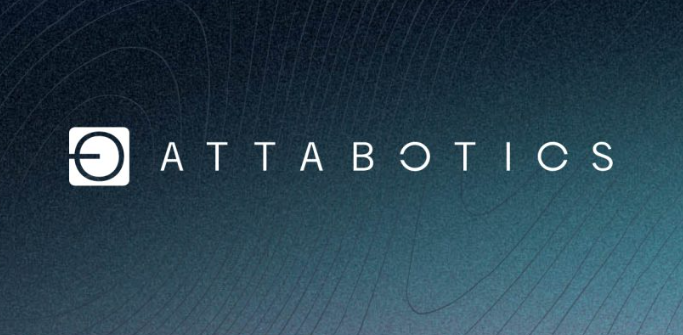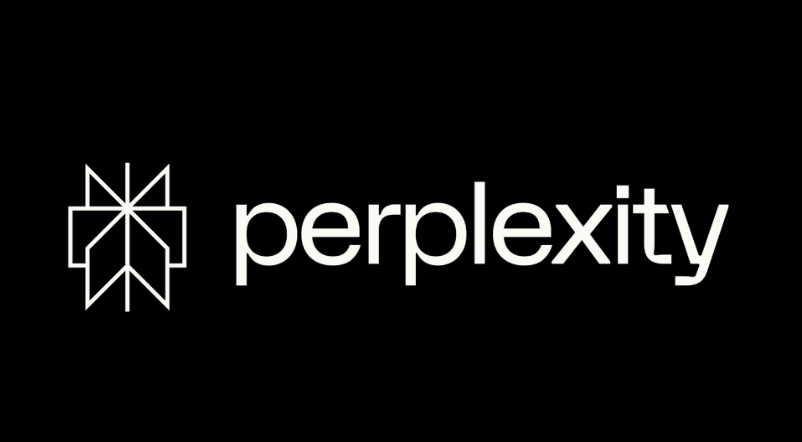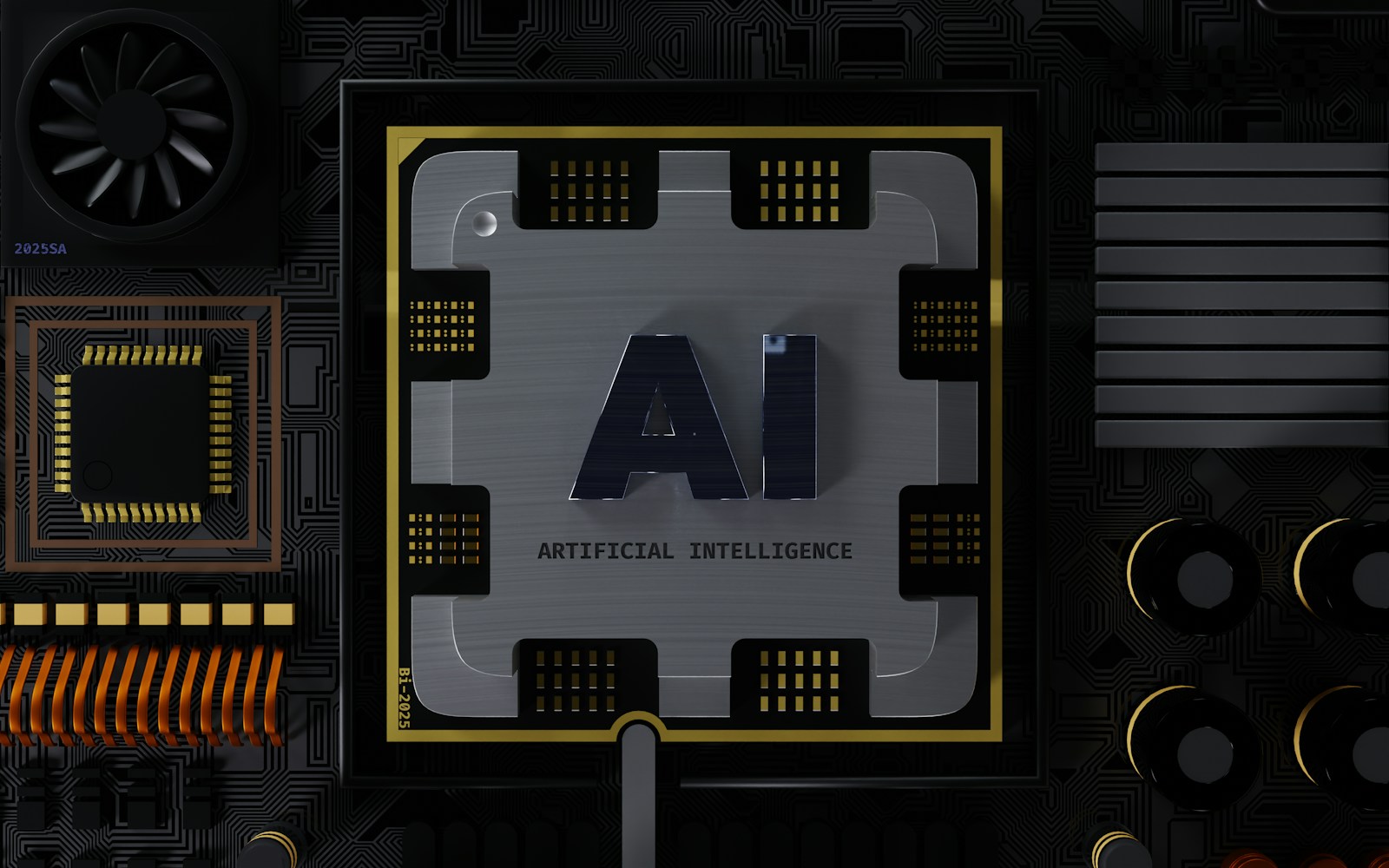It could be bad news for two US tech giants, as the European Union is signalling a potential full-scale merger investigation into Microsoft’s significant investment in OpenAI, the artificial intelligence (AI) powerhouse known for its advanced AI chatbot, ChatGPT.
On January 9th, EU officials indicated that the European Commission, the executive arm of the EU, is launching a comprehensive competition investigation. This inquiry will delve into the realms of virtual worlds and generative artificial intelligence, with a focus on understanding the current competitive landscape and how competition law might facilitate growth in these sectors.
“Virtual worlds and generative AI are rapidly developing,” Margrethe Vestager, European commissioner for competition, said in a statement. “It is fundamental that these new markets stay competitive, and that nothing stands in the way of businesses growing and providing the best and most innovative products to consumers.”
Central to this probe is the examination of collaborations between major digital market players and generative AI developers, notably the partnership between Microsoft and OpenAI. The Commission has expressed specific interest in whether Microsoft’s investment in OpenAI falls under the purview of the EU Merger Regulation. As part of its investigative process, the Commission has initiated requests for information from various large digital companies and is also inviting comments from interested entities until March 11.
Microsoft’s investment in OpenAI has been substantial and multifaceted. Besides integrating OpenAI’s technologies into its products like Office, Bing, and Windows, Microsoft also provides Azure cloud computing tools to OpenAI. The tech giant, based in Redmond, Washington, first invested $1 billion in OpenAI in 2019. Subsequently, reports emerged last year of an additional investment of about $10 billion, bringing Microsoft’s total investment to an estimated $13 billion.
This EU investigation follows similar moves by other regulatory bodies. The U.K.’s Competition and Markets Authority announced an initial review of Microsoft’s investment in December. Additionally, the U.S. Federal Trade Commission is reportedly examining the partnership, according to Bloomberg News. The U.K. authority is particularly concerned about whether Microsoft’s involvement with OpenAI creates a “relevant merger situation,” noting recent governance changes at OpenAI that involved Microsoft.
The partnership has not been without its drama. Earlier, OpenAI experienced a tumultuous period marked by the temporary ousting and subsequent reinstatement of CEO Sam Altman. Microsoft’s role in OpenAI’s governance has also been scrutinized, especially after it placed an observer, Dee Templeton, on OpenAI’s board. However, both Microsoft and OpenAI maintain that Microsoft’s board observer, a nonvoting member, does not exert control over OpenAI’s operations. Microsoft has emphasized that it does not have equity ownership in OpenAI, and OpenAI asserts its operational independence.
At the center of these discussions is Microsoft’s strategic relationship with OpenAI, granting it access to one of the most sophisticated AI tool developers. OpenAI’s GPT-4 model, rumored to process up to 25,000 words of input text, represents a significant advancement over its predecessors. The model’s capabilities have led to speculations about its proximity to artificial general intelligence (AGI), which is hypothesized to match or surpass human intelligence levels.
Featured image: Jaap Arriens |Nurphoto | Getty Images






